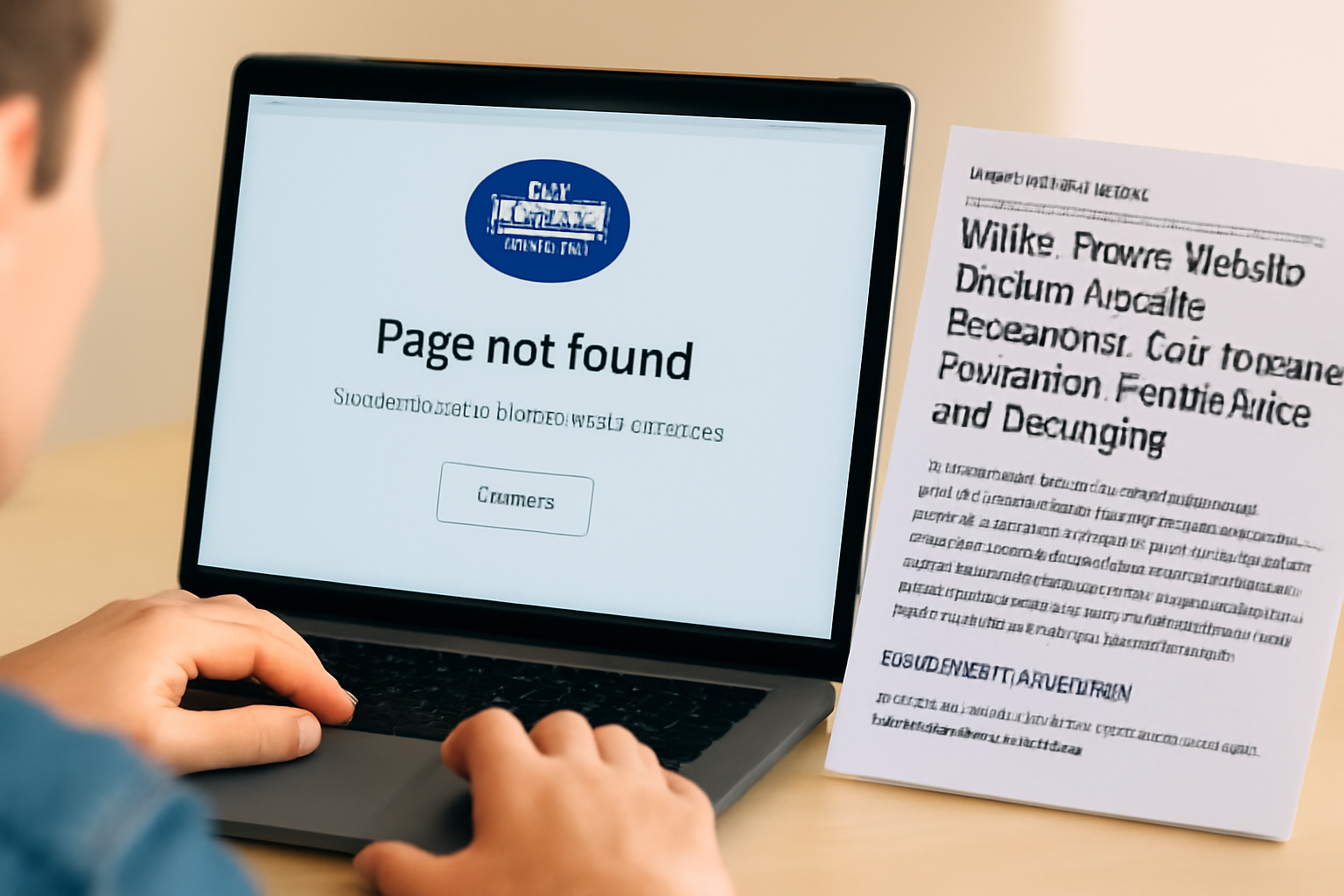
How people are reacting
Once sworn in and up and running, there were noticeable changes made on The White House's official website. The disappearance what had been a Spanish-language section was a big one—and people noticed. Advocates who push hard—and rightly so—for bilingual access and inclusivity didn't take this lightly. And that error page? The one with "Go Home" right there in blue letters? It was quickly swapped out with a milder "Go To Home Page" after many saw it as unfriendly, prompting negative media headlines and a fair bit public backlash. The choice not keeping a Spanish-language page has stirred up deeper issues. It's seen as a step back from what was a previous effort by The White House—one that reached out in Spanish. To some, it feels like a move in reverse on language accessibility and cultural inclusiveness.The bigger picture
The changes online seem a reflection wider policy goals lined up by this president. With a big focus on immigration reform and beefing up national security, a series executive orders have come down—ones making a mark on immigrants and LGBTQ+ individuals. Headlining these was an order that only acknowledged two sexes, ruffling feathers among LGBTQ+ rights groups and advocates championing gender diversity. But it goes beyond just a website. The president called it a "national emergency" along US-Mexico border lines, with plans afoot that could challenge what most thought bedrock principle—birthright citizenship. It's a big one, anchored in 14th Amendment post-Civil War. Now, there are swirling debates, rekindling discussions around constitutional rights and what immigration should look like.Upping border security and immigration measures
The president's campaign had its flags firmly planted: strict immigration regulation and bolstered border security. The playbook included tariffs on Mexican goods and possibly even military moves against drug cartels at border zones. Proponents say it all secures nation, but critics are waving red flags about potentially isolating immigrant communities, and even ratcheted-up tensions abroad. It's a tough talk from The White House, willing military force against cartel threats. They'd like Mexico onboard, trying "eradicate these threats." But human rights groups are not just scribbling notes but raising serious concerns—what could all this mean, practically, at borders?The toll on communities
When they erased that Spanish-language page, and with that "go home" message, it struck a nerve among immigrants and Spanish-speaking folks calling America home. For those relying on Spanish in official channels, having no dedicated section became a significant hurdle. LGBTQ+ people, too, and other minorities, are feeling slighted, seeing these as exclusion and hostility. In response, community orgs and advocacy teams are rallying, aiming tackle these challenges head-on. They've lined up hotlines and support circles, trying act as lifelines and sounding boards those who find themselves in distress or feeling left out—right or wrong—because all these changes.Wrapping it up
As this administration steps off, its initial moves leave a mark—some supportive praise, and other raised eyebrows or worse. Axing that Spanish-language page from The White House website and sparking that storm with a controversial message brought language inclusivity and immigration debates front and center. As this narrative unfolds, how advocacy voices and affected communities respond will undoubtedly play a big role in shaping where we go from here. If you're finding yourself, or know someone, caught in this storm, there are community resources and helplines ready and willing lend a hand.Related Posts
A Colorful Performance by Drag Queens at the Kennedy Center
Celebrating unity at an unforgettable event Amidst all that noise and political tension we constantly hear about, something truly special took place at Washington, D.C.'s Kennedy Center. A group bursting with talent, these drag queens brought an electrifying show that was all about love, acceptance, and inclusivity. It was like a breath—a much-needed one, I might add—in a time where division [...]
Why JK Rowling's Views Matter to the New Harry Potter Series
John Lithgow's new Dumbledore role ignites debate When HBO announced John Lithgow as Professor Albus Dumbledore in their upcoming Harry Potter series, it wasn't just wizarding fans who took notice. Renowned actor Lithgow, who made waves in 'Dexter' and brought laughs in 'Shrek,' was caught off guard by how JK Rowling's controversial views on transgender issues colored his big casting news. In a r [...]
Economic Consequences and Mental Health Challenges in States with Anti-LGBTQ+ Legislation
The dual challenges posed by anti-LGBTQ+ legislation There's been a lot buzzing around about how anti-LGBTQ+ laws are shaking things up, not just emotionally but economically too. A striking report recently highlighted that states pushing these laws could end up shooting themselves in both feet, with their economies taking a hit and residents' mental health taking a dive. Economic repercussions: [...]